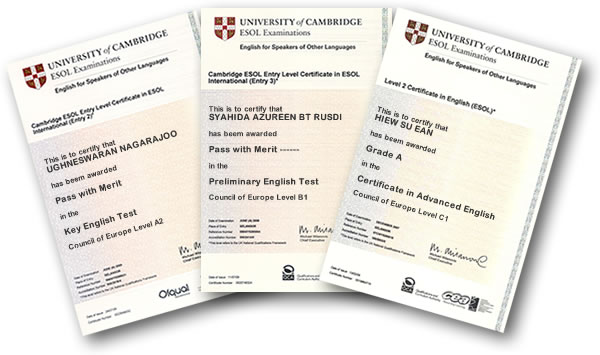It was the 9th of July 2013, 7:00 o'clock in the morning, and a group of about fifty young people, who came from different Franciscan churches all around Spain, started a long trip, or maybe I'd say an unforgettable physical and spiritual adventure.
Anyway, it was long and exhausting, 153 kilometres to be precise. As a group, we had set some goals for this spiritual journey, such as tireless hiking and walking, meditation, teamwork achievements or fellowship among others. And, most importantly, arriving in Santiago de Compostela safe and sound! Some of us were old friends and others were meeting for the first time.
The way was going to be hard... and now I can tell it was plenty! On top of the long distances, we had to carry our heavy bags, which were fully equipped. We could visit some beautiful and interesting places and small villages. We walked across and we spent night after night in some beautiful villages like Triacastela, Sarria, Portomarin, Palas de Rey, Arzúa, or Pedrouzo. And obviously Santiago de Compostela, whose magnificent cathedral was our finishing line. On the "Camino de Santiago" you can also meet lots of unknown but nice people that you probably won't see ever again. And yet, they help you as if they've known you for ages. That is, in my opinion, one of the most wonderful parts.
The daily routine was practically the same. We slept on hostals and got up at about 6:30 in the mornings, feeling more and more tired every day. However, there's some kind of magic about it that gives you power and energy to carry on. Next, I used to have a good breakfast and I tried to get dressed quickly and pick all my things up as tidily as possible to start walking soon. We used to walk and average of 27 kilometres per day while seeing amazing landscapes and views. We used to get at the next hostel at about 9:00 pm more or less and then we had lunch together and talked about all the things we had seen during the day. After that, a little free time until approximately 11:30 pm, when we usually went to bed. In my free time, I used to go for a walk to see the village we were staying in, but sometimes we all played football or simply took a nap.
Seven days following a yellow arrow on stones and posts... Insane, don't you think?












